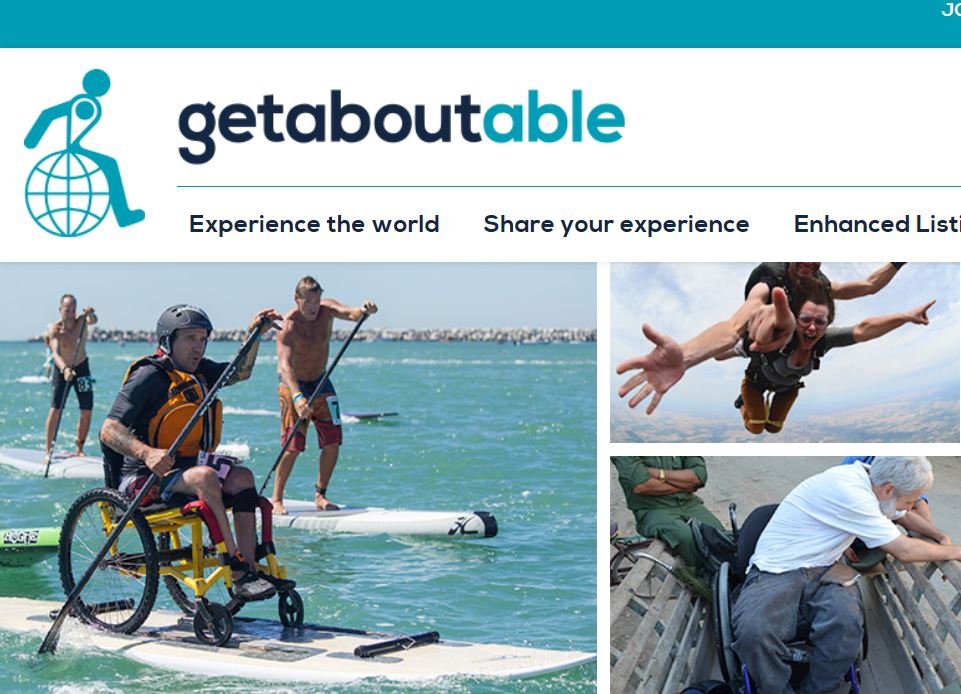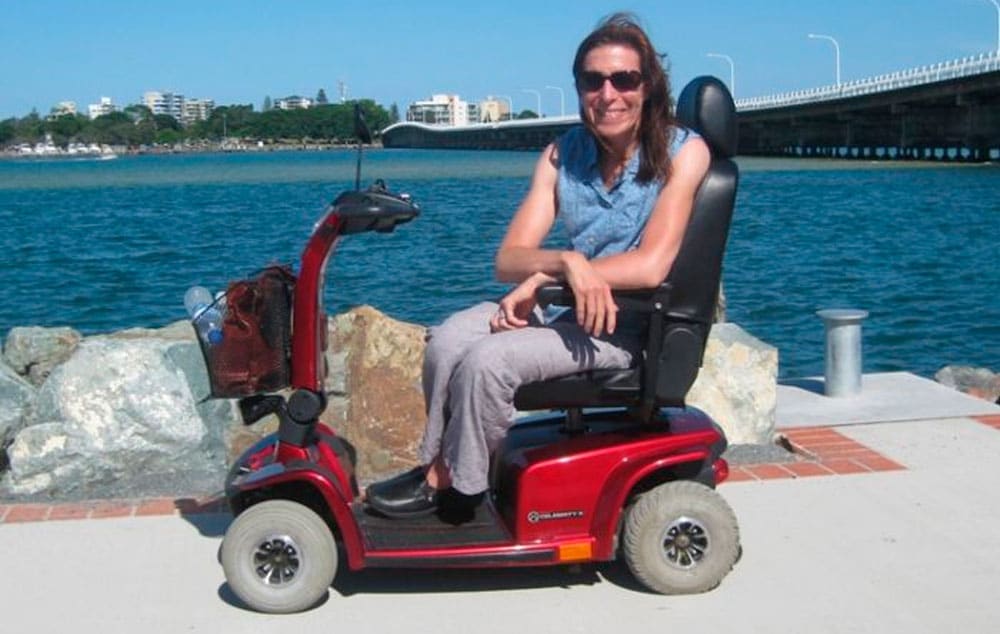International travel is set to become easier for people with limited mobility, vision impairment or hearing loss who find it difficult to venture overseas.
Canberra woman Yasmine Gray has developed a new website aimed at helping mobility-impaired people plan holidays.
Having lived with multiple sclerosis for 20 years, Ms Gray is aware of the significant challenges that limited mobility imposes on travel.
“Getting out there and seeing new things and places is not easy for people with mobility impairments,” she said.
“I can’t just decide to go out and see something new and do it, but I could if the right infrastructure was in place and if I knew about it.”
Ms Gray said many people with mobility issues would not own the equipment to help them get around large venues.
“Even if they do, most people aren’t able to transport their scooters great distances,” she said.
“It’s a leap of faith to leave very expensive mobility equipment with an airline.
 The travel website has been designed to give people in wheelchairs access to a host of international travel opportunities
The travel website has been designed to give people in wheelchairs access to a host of international travel opportunities
“I’ve had a few pieces of equipment replaced by airlines over the years.”
While many shopping centres and museums in Australia have mobility scooters for loan or hire, Ms Gray said many people were unaware.
“The biggest problem is not knowing if equipment is accessible in a given venue, not knowing how to access it or what limitations might be imposed on its use,” she said.
Ms Gray said she had forgone many outings, fearing it would be too difficult to get around.
“It’s easy to be so disheartened and people often elect to stay at home,” she said.
“The disappointment or frustration of not being able to do something can make a new experience unenjoyable and just not worth the effort.
“A lot of times you just decide not to bother and I’ve been guilty of that.”
Confidence to explore new places
Ms Gray is hoping the new website will give mobility-impaired people the information they need to explore new places.
Individual venues and businesses are invited to submit details to the website to provide information about their mobility offerings.
“The hearing impaired want to know whether museums or cinemas have hearing loops or subtitles,” she said.
“For the vision impaired, they need to know where they will have brail signage or voice-activated tourism guides.
“It’s about knowing what’s at the other end, and also about the transport itself.”
By sharing mobility-specific travel information, visitors to the website can also arm others with useful advice.
“On the website you can nominate listings of places near to you or from your own experience travelling,” Ms Gray said.
“We’ll then ask people to review the listings.”
Source: ABC



